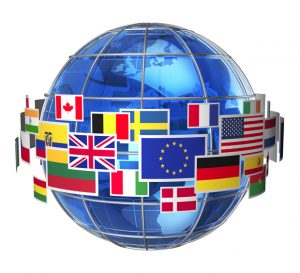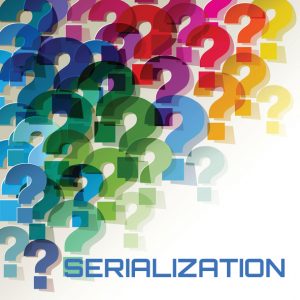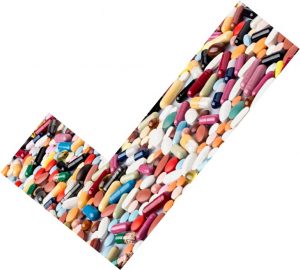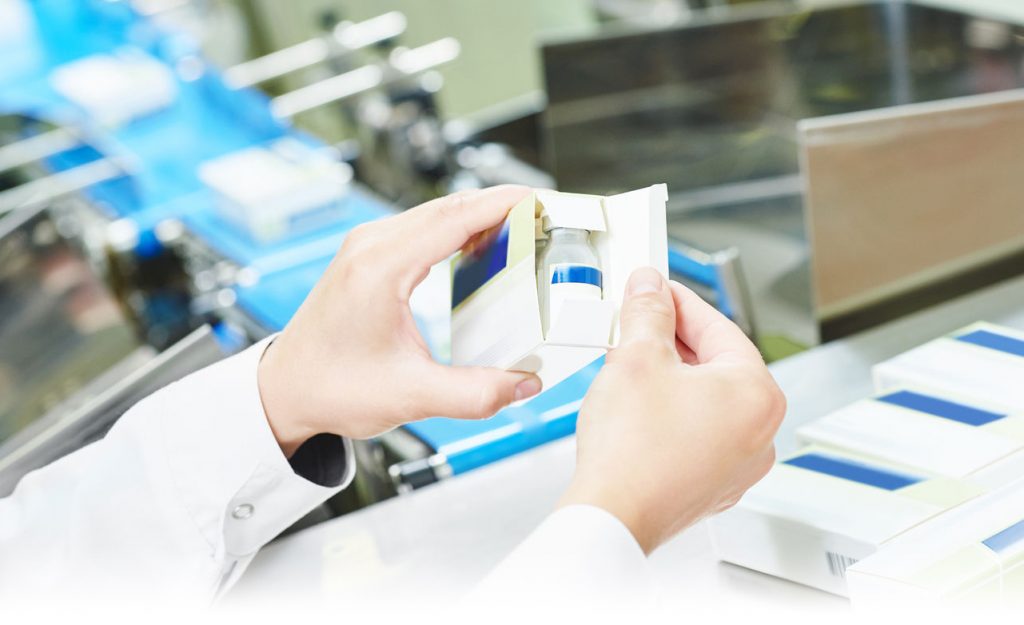As the dust settles on the recent FDA news on the DSCSA timeline, I’m sure lots of organisations are wondering what this means to the rest of the world.
What Does it Mean?
On Monday, July 3rd, 2017 the U.S. FDA published a new draft compliance policy for comment, regarding the requirement for drug manufacturers to apply or affix a unique identifier on their prescription drug products and homogeneous cases by November 27, 2017, under the Drug Supply Chain Security Act (DSCSA). The reason FDA is pursuing this delay in enforcement is out of concern for the readiness of manufacturers for implementation of the product identifier requirements. FDA...
Serialization is the application of a globally unique serial number to supply-chain objects, particularly retail units. Successful serialization, particularly of mass-produced items, requires the integration of multiple systems, including enterprise software, printer or tagging technologies, reader systems, and production machinery, to apply and verify unique serial numbers.
Finding information about the Drug Supply Chain Security Act (DSCSA) and how to meet the requirements is difficult. You need to sift through a lot of information and much of what you find will be out-of-date, biased, or wrong.
The Healthcare Distribution Alliance (HDA) Research Foundation published the results of a DSCSA serialization readiness survey in October of 2016. The survey was conducted during August and September of 2016. HDA Research Foundation surveys are particularly credible because the industry organization maintains close relationships with the supply chain departments of most drug manufacturers. Those responding to the survey take it seriously so they tend to put more time and effort into their...
GAMP, also known as Good Automated Manufacturing Practice (GAMP) is both a technical subcommittee of the International Society for Pharmaceutical Engineering (ISPE) and a set of guidelines for manufacturers and users of automated systems in the pharmaceutical industry.
On May 4, 2017; THE event for everyone in the packaging industry will start in Düsseldorf, Germany. THE event is Interpack 2017.
Pharmaceutical serialization has been around since 2005, with Systech being the first vendor to deliver a solution. The market has grown, and international standards are still varied and complex. Implementations and data constructs vary from vendor to vendor. These factors provide several challenges to businesses' supply chains.
Efforts are underway to help standardize.
On April 13, 2017, Automation World Senior Editor, Stephanie Neil wrote an article “Strengthening Supply Chain.” This...
By Steve Tallant, Director, Product Management and Marketing
Until recently, counterfeit health and beauty products could not be verified as the actual product, or authenticated, quickly and cost-effectively. Unfortunately, counterfeiters have been able to obtain printing and imaging technologies that mimic the real thing. Furthermore, Internet-based distribution outlets have proliferated, and it is difficult to tell an e-retailer that sells legitimate products from one selling counterfeits.
Drug manufacturers who market drugs in Europe will need to begin applying unique identifiers and an anti-tampering device to their packaging by February 9, 2019. Most companies are already aware of these well-publicized requirements of the Falsified Medicines Directive (FMD) and the E.U. Delegated Regulation (EUDR). Systech offers packaging line management and serialization solutions that will allow you to easily meet these requirements. But you might not be aware of the other big requirement...











